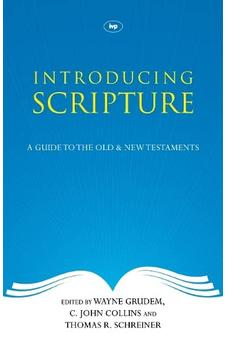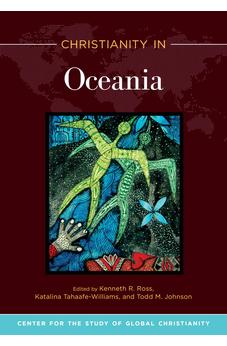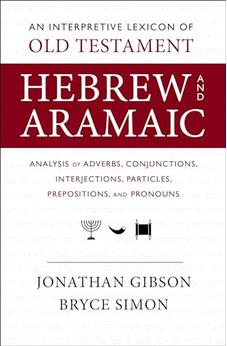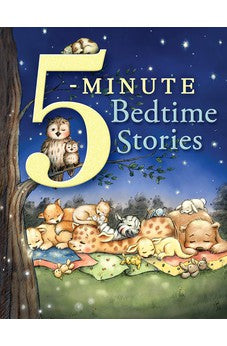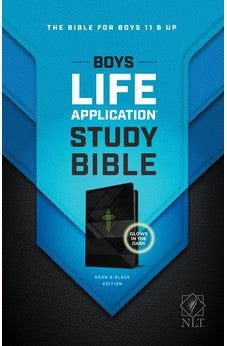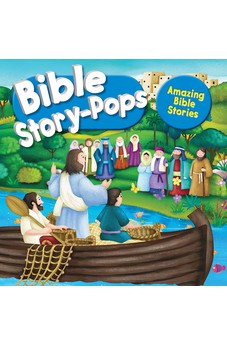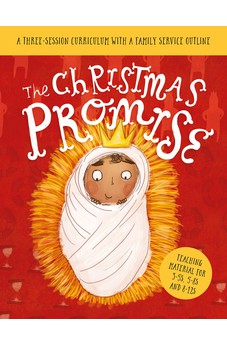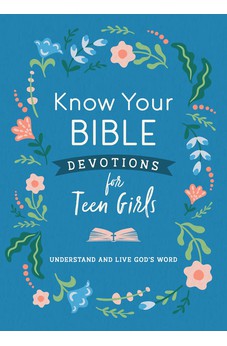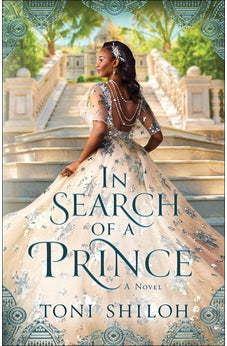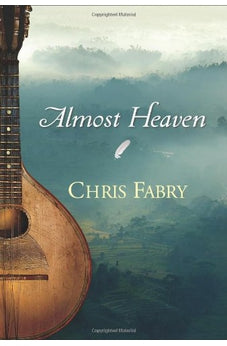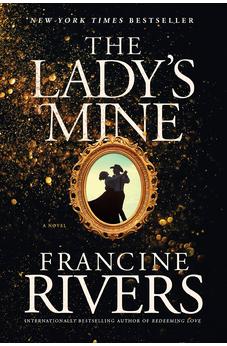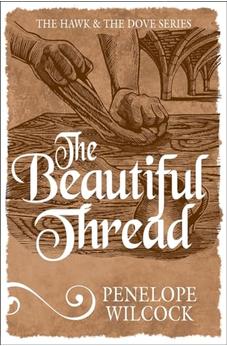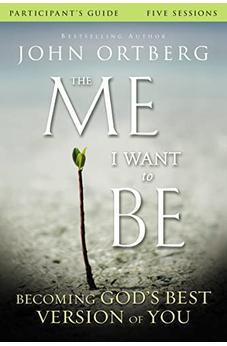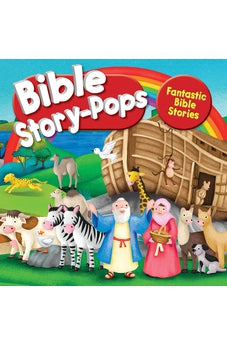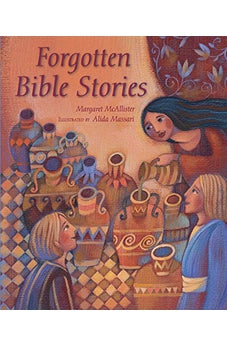Understanding Wisdom Literature: Conflict and Dissonance in the Hebrew Text
3 Great Reasons to Buy from Us:
Israelite wisdom literature, David Penchansky argues, records the disputes of ancient sages over basic human questions: What is the purpose of life? Is God just? Why do we suffer? Does God even exist? Penchansky sees conflicting answers to these questions in Proverbs, Job, Ecclesiastes, Ben Sira, and the Wisdom of Solomon - and does not try to harmonize them. Instead, he finds meaning in the very dissonance and contradiction within these texts. Employing the latest scholarship yet remaining accessible to nonspecialists and students, Penchansky strikingly focuses on the "big picture" behind wisdom literature - making it easy for readers to follow and appreciate these challenging texts - without undermining each book's distinctive features. In the process, Penchansky opens up this rich and fertile vein of Israelite thought and demonstrates the renewed relevance of ancient Hebrew wisdom for today. Review Journal of the American Oriental Society "Accessibly written, this study is designed to provoke discussion in the classroom."Christian Century "Penchansky shows how the Hebrew Bible's wisdom books, Proverbs, Job and Ecclesiastes, speak differently from covenant-centered writings such as Genesis, Deuteronomy and Isaiah. . . . I commend him as a guide to the treasures of biblical wisdom."Journal of Hebrew Scripture "Penchansky has written a very instructive book that should be included in any class that examines Israelite wisdom. He has offered a unique survey that both introduces the major points of Israelite wisdom and also models for students how to critically engage the text with open hearts and minds. . . . Few will disagree with how profitable this book will be for students who wish to learn how to read the Bible with sophistication and an eye for detail."Journal of Theological Studies "This introduction is a refreshing look at the wisdom literature through the particular lens of conflict and dissonance. . . . It will act as a particular stimulus in the classroom and in those interested in this material from their various religious traditions as well as being a stimulating addition to scholarship on the wisdom literature."Reviews in Religion & Theology "Refreshingly candid. . . . A helpful guide in coming to terms with the dissonant voices within the wisdom literature. . . . It will provoke thought among students and lay readers alike."The Christian Century "Penchansky rightly points out how bold the sages' questions are and how wide the range is of the answers they explore. . . . I commend him as a guide to the treasures of biblical wisdom."Restoration Quarterly "An excellent secondary reading for courses in Wisdom Literature. . . . . Penchansky has provided a helpful reassessment of ancient Israel's wisdom tradition that merits our attention and consideration." About the Author David Penchansky is professor of theology at the Universityof St. Thomas, Saint Paul, Minnesota. His other booksinclude Twilight of the Gods: Polytheism in the HebrewBible and What Rough Beast? Images of God in theHebrew Bible.,




